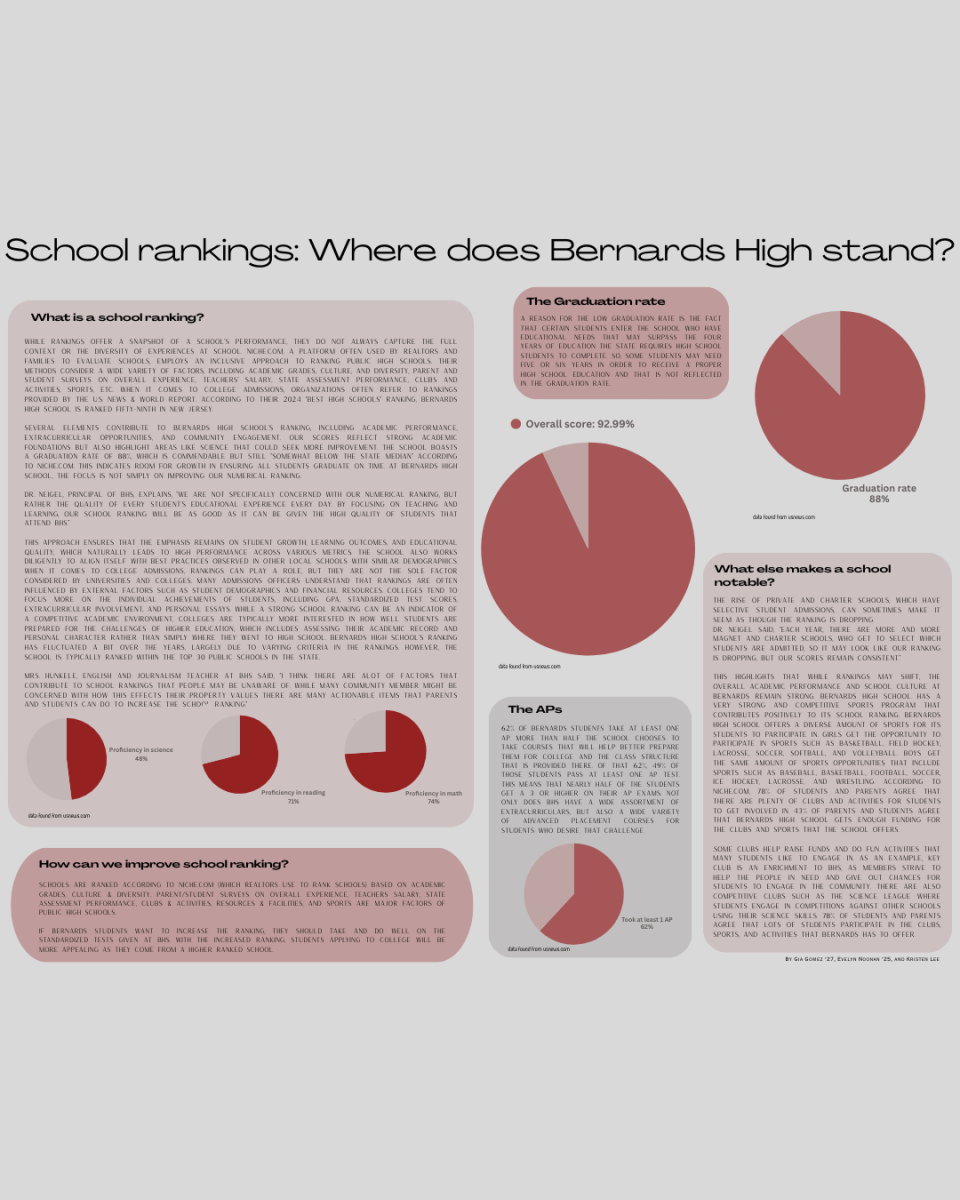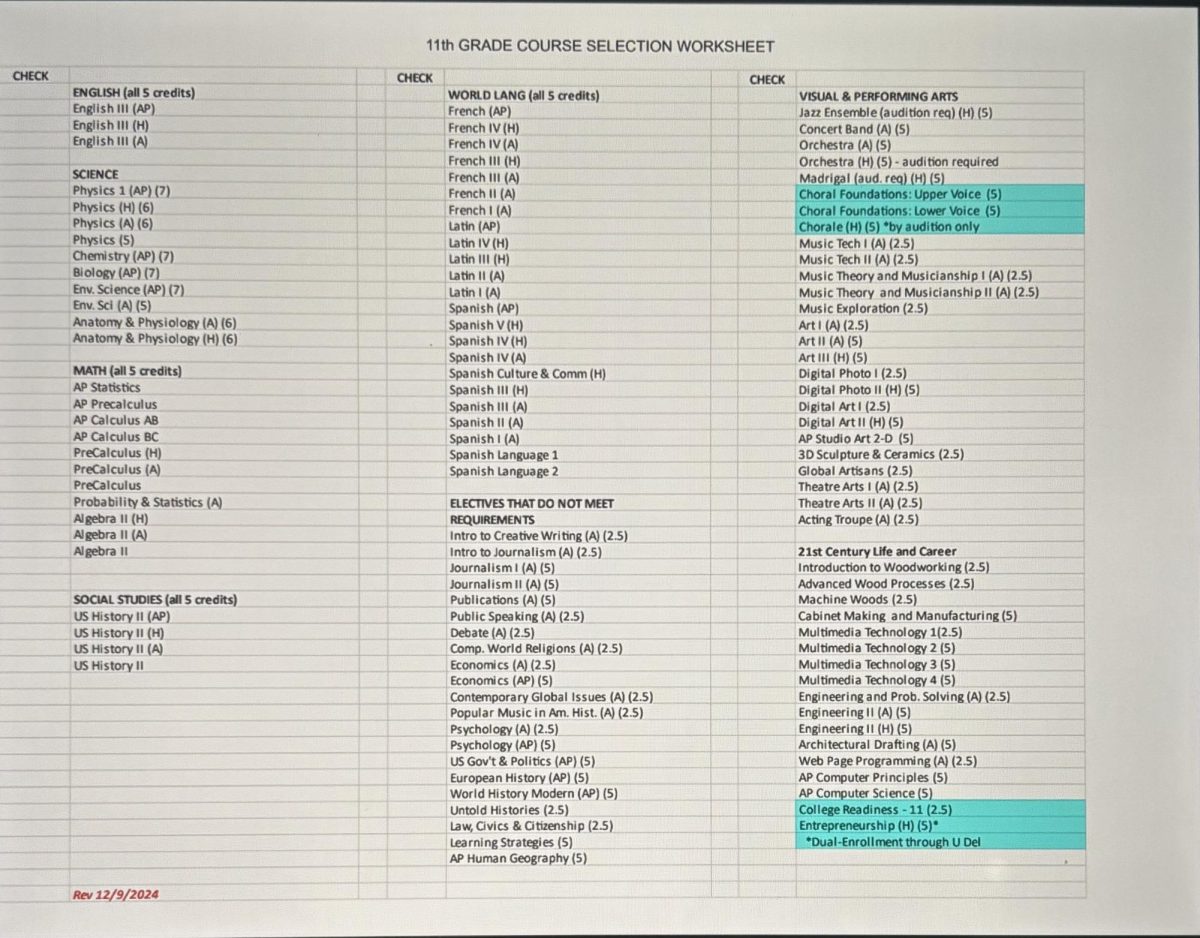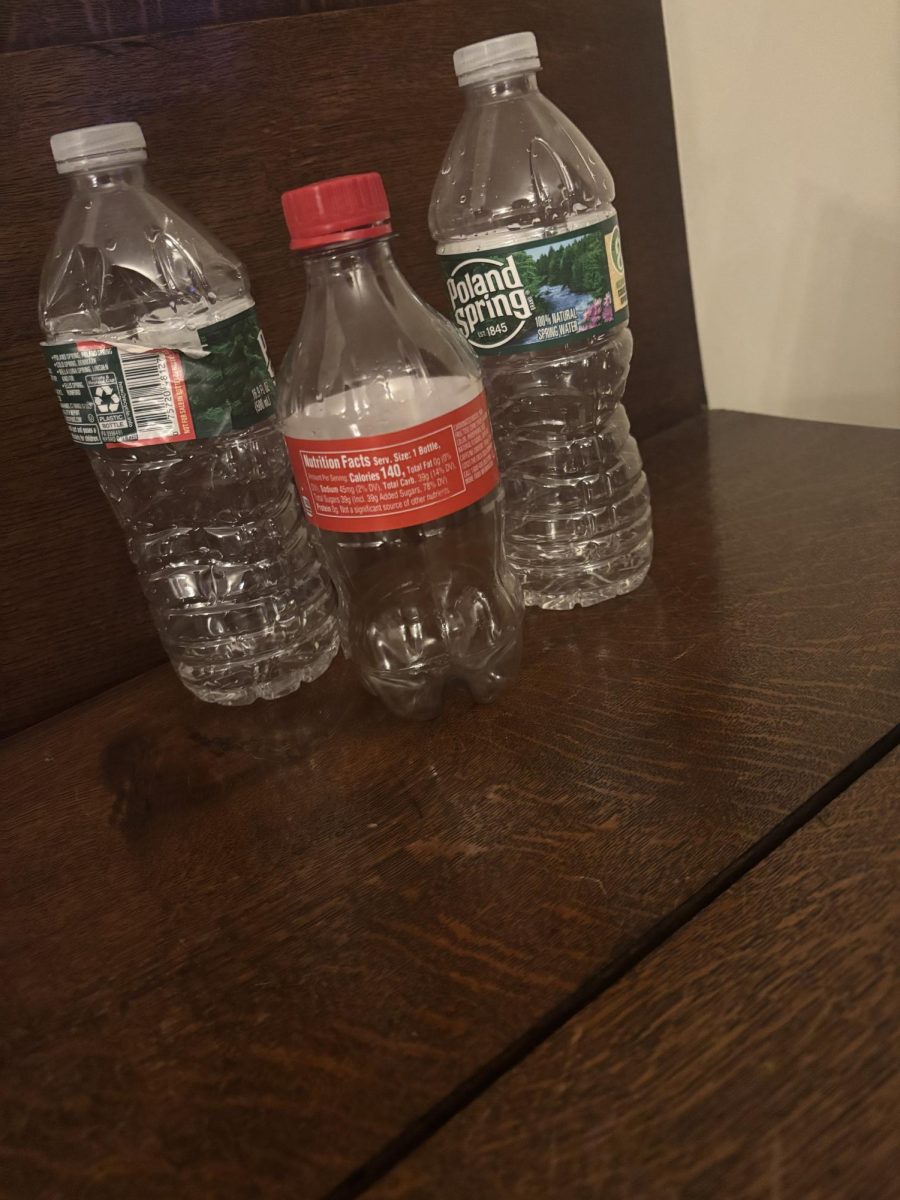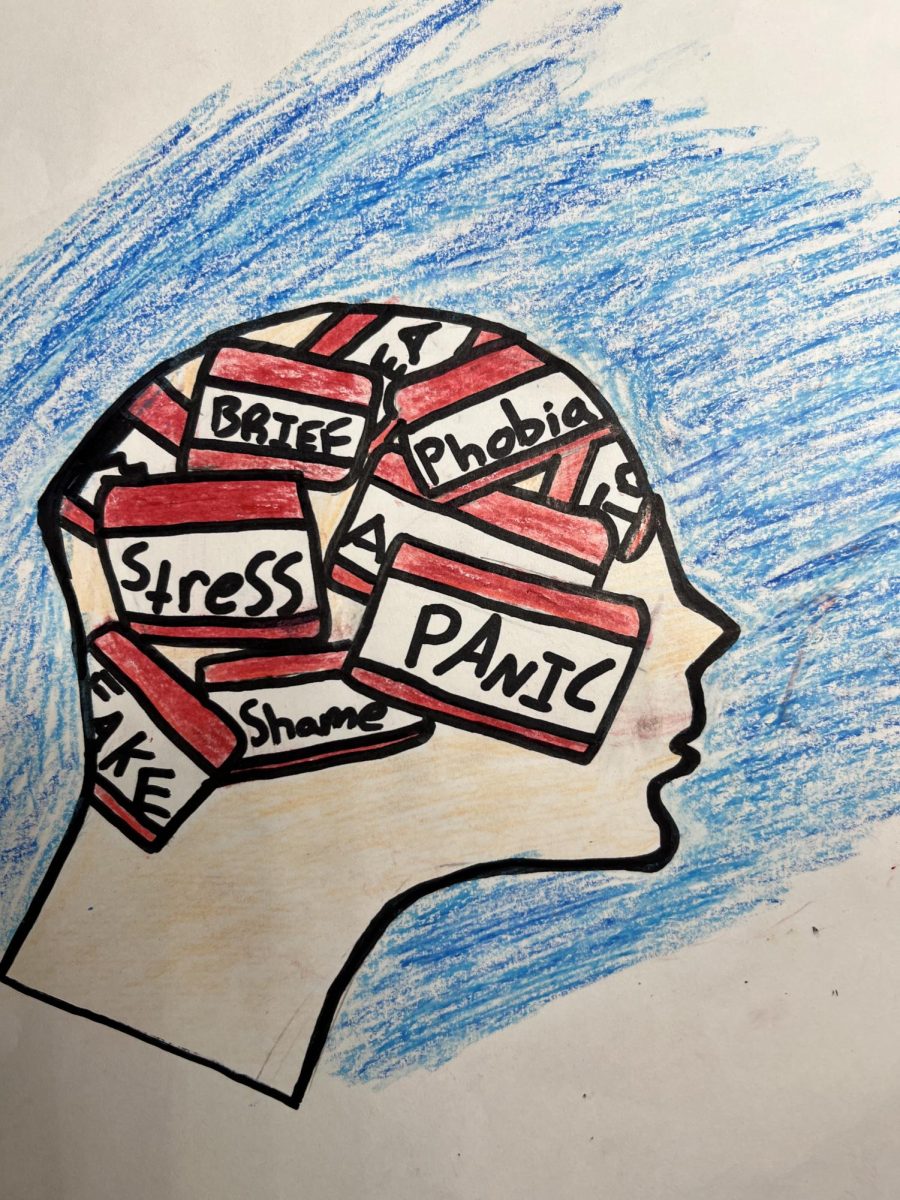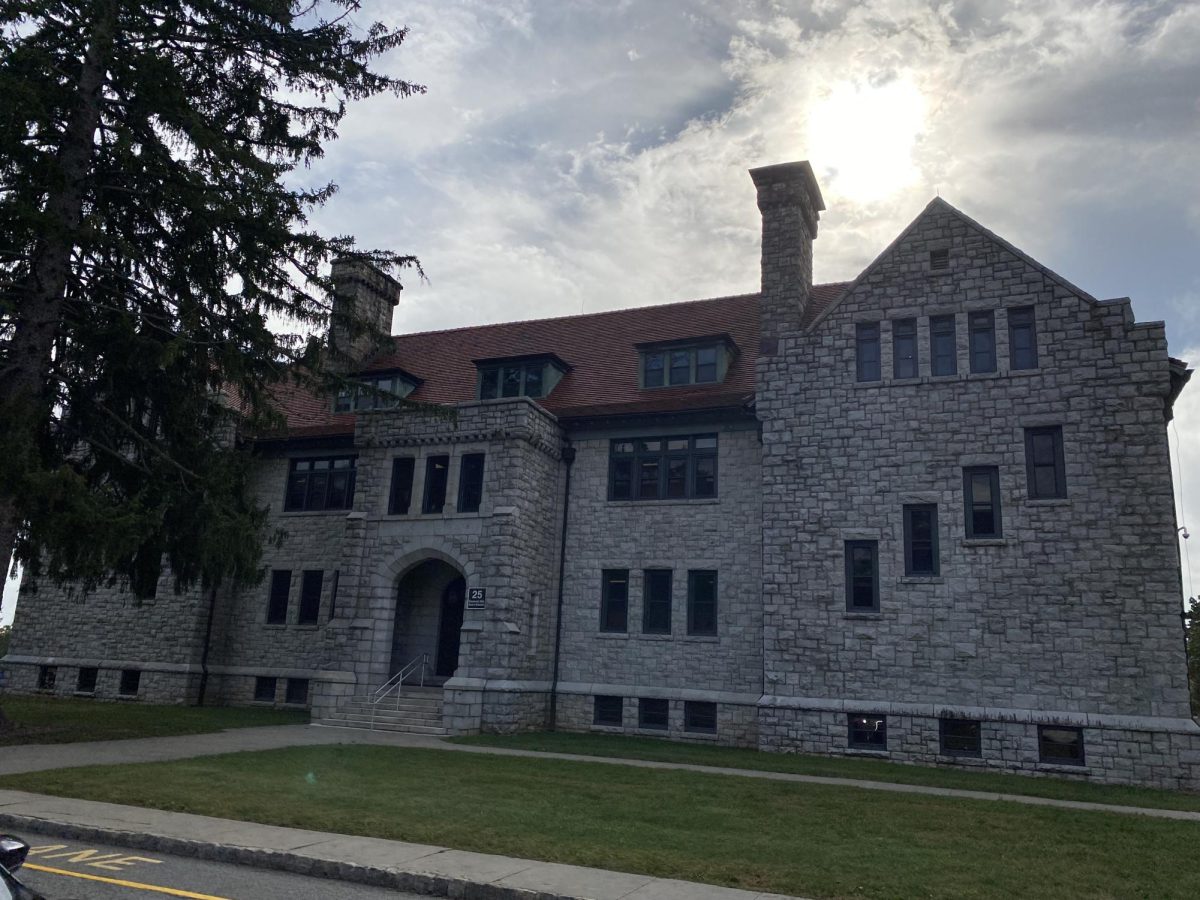There are 1.47 million teens right now in their homes across the country. Their lives have been consumed by homework, preventing them from going outside, socializing with friends, and even having a proper meal. Almost every student knows this story: staying up late to finish schoolwork, just to wake up and do it all over again. This relentless cycle has become detrimental to the health of this generation. What was created to help has become a hindrance to a student’s health and learning.
Homework has become ineffective, merely adding onto a student’s plate of frustration and stress. It is no wonder that most students turn to unconventional methods to fulfill these unreasonable work demands. Cheating: it is every teacher’s nightmare, yet students do it more often than educators may realize. In fact, it has become a daily habit for the majority. 67% of highschool students admit to cheating. This means sharing solutions between students, paying others to complete assignments, and plagiarizing online sources for answers. Overtime, homework has lost its purpose to enhance our learning. Rather than teaching students study skills, like time management and discipline, excessive assignments lead to cheating and unnecessary stress.
Homework has proven to be the most stressful aspect of school for 56% of high schoolers, and 72% of parents feel homework is a source of family strain and stress. Between balancing extracurriculars and sports–two crucial necessities for a student to lead a healthy life–homework barely manages to fit into their schedules. According to a survey of 1,000 educators, highschool teachers on average assign about 3.5 hours of homework each week. For the typical student with five different teachers, this could mean about 17.5 hours of homework on a weekly basis. Enough time to maintain a stimulating lifestyle of socializing, good nutrition, and sleep is imperative for a developing adolescent. One study from the National Sleep Foundation recorded that high school students average around 6.8 hours of sleep per night, when they should be getting 8-10 hours. This sleep deprivation correlates with problems concerning attention, decision-making, and creativity. All of what homework stands for becomes fully negated by the exhaustion students receive in return.
While homework was made to promote a student’s understanding, the excessive amounts of it that are placed on teenagers do more harm than good. Homework leads to family tensions and sleep deprivation, which ultimately can turn into anxiety and depression. Schools claim they advocate for mental health, yet they seem to be the ones causing this strain and stress. It is clear that changes must be made in the education system regarding homework for the sake of this new generation and the many to come.




